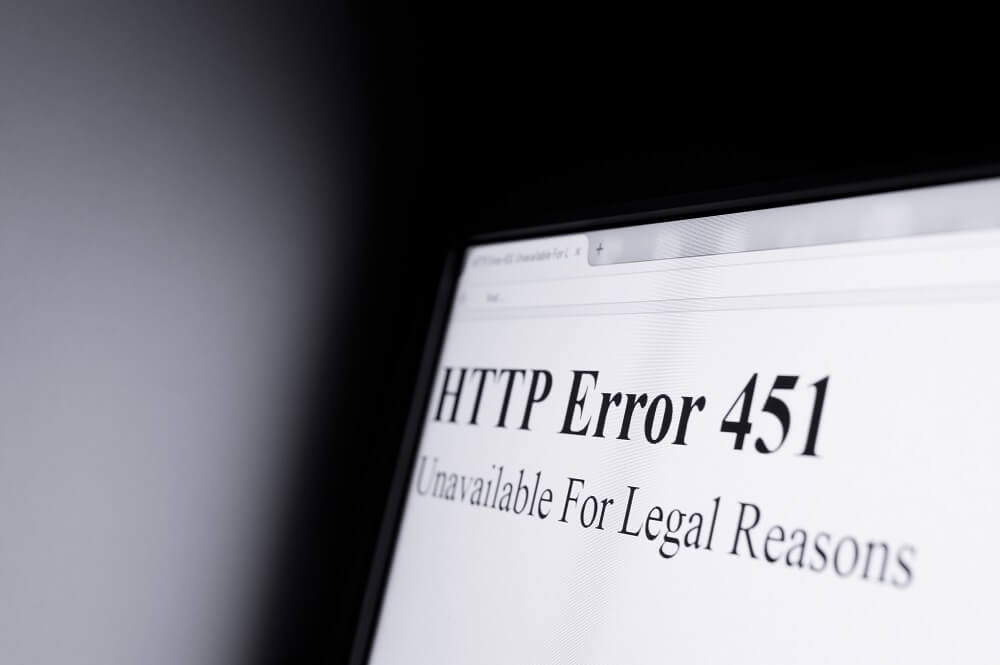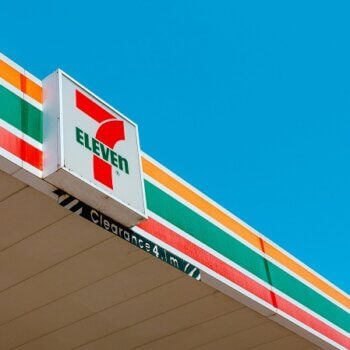
Cartier International v BT and another: UK Supreme Court rules costs of website-blocking orders do not have to be paid by internet service providers
The UK Supreme Court has ruled that the costs for blocking access to websites selling counterfeit products do not have to be paid by internet service providers (ISPs). When a website-blocking injunction is obtained against an ISP, as an innocent intermediary, to prevent the use of its facilities by wrongdoers for unlawful purposes, the IP rights-holders whose commercial interests are being protected cannot look for a contribution to their legal costs from anyone but the infringers.








